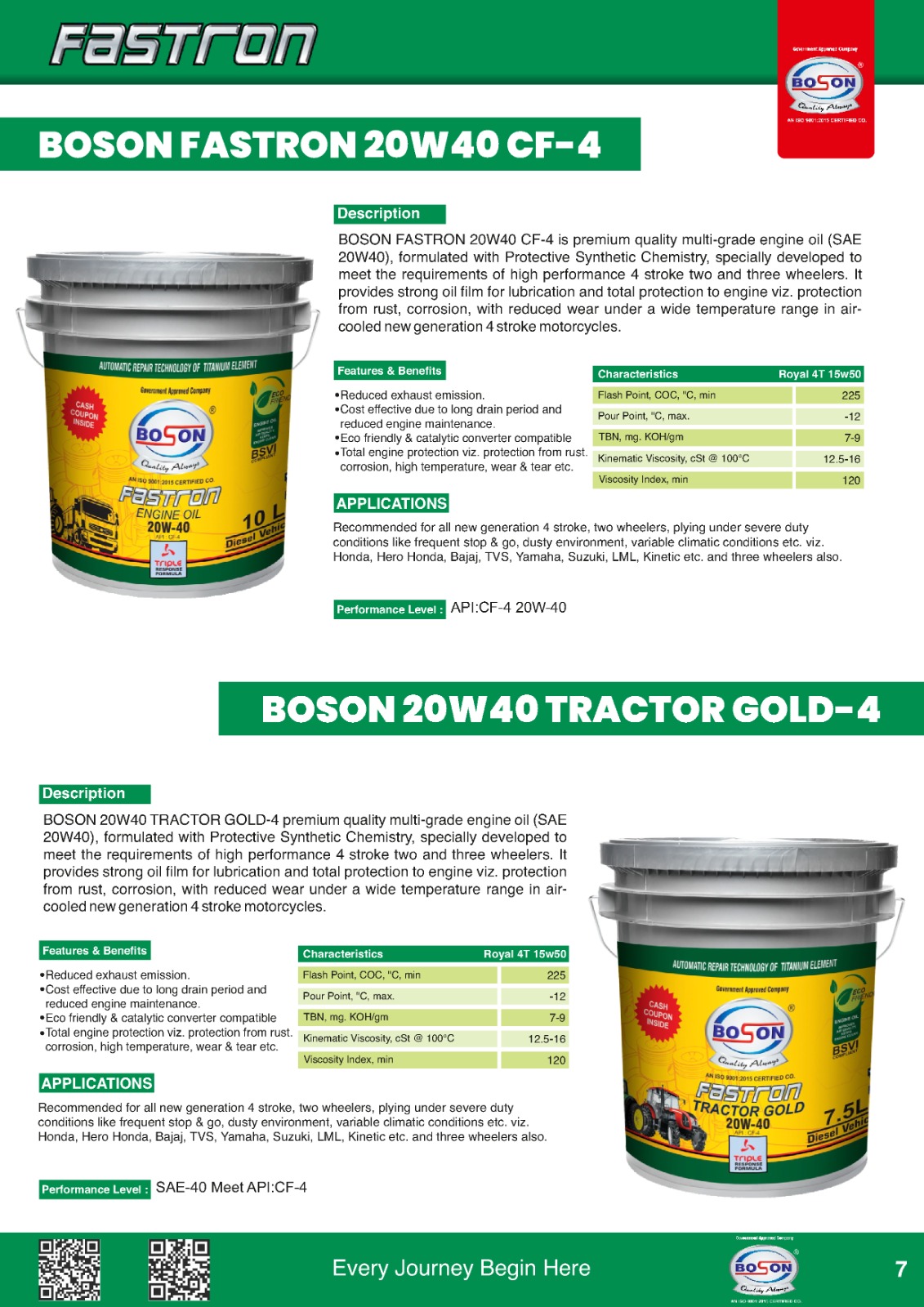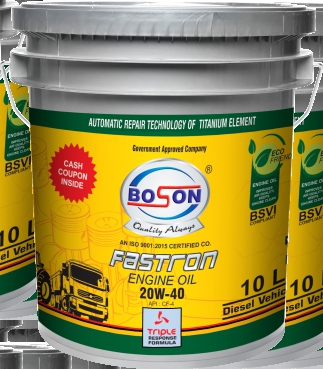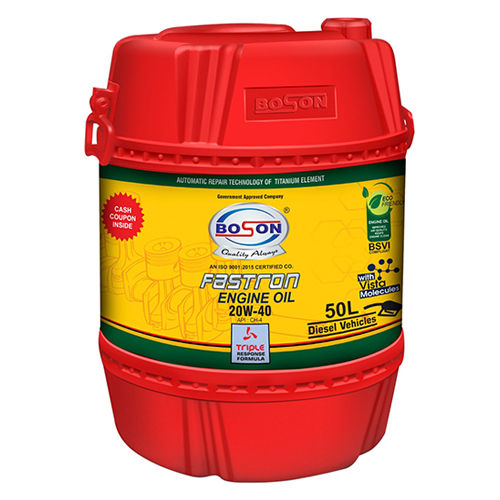Multigrade Engine Oil
Multigrade Engine Oil Specification
- Type
- ARD Multigrade Engine Oil
- Color
- White
- Oil Type
- Engine Oil
- Packaging Type
- Bottle
- Application
- Industrial
- Use
- Engine Oil
- Size
- Standard
- Vehicle Type
- Scooter, Motorcycle, Auto, Cars, Heavy Vehicle
- Pack Type
- Bucket
Multigrade Engine Oil Trade Information
- Minimum Order Quantity
- 100 Pieces
- Supply Ability
- 5000 Pieces Per Month
- Delivery Time
- 4 Days
- Main Domestic Market
- I, [, ', A, l, l, , n, d, i, a, ', ]
About Multigrade Engine Oil
Multigrade Engine Oil: A Versatile Shield for Your Engine
In the intricate world of automotive maintenance, engine oil stands as a crucial component, safeguarding the heart of your vehicle. Among the diverse range of engine oils available, multigrade oils have emerged as a popular choice due to their versatility and adaptability to varying temperature conditions.
Understanding the Basics
Traditional engine oils, often referred to as single-grade oils, are designed to perform optimally within a specific temperature range. As temperatures fluctuate, their viscosity (thickness) changes, potentially compromising engine performance and protection.
Multigrade oils, on the other hand, are formulated to maintain consistent viscosity across a wider temperature spectrum. This is achieved through a careful blend of base oils and additives that allow the oil to flow smoothly at low temperatures and remain thick enough to provide adequate lubrication at high temperatures.
The Multigrade Rating System
The multigrade rating system, typically denoted by a series of numbers (e.g., 5W-30, 10W-40), indicates the oil's viscosity range. The first number (e.g., 5, 10) represents the oil's cold temperature performance, while the second number (e.g., 30, 40) signifies its high-temperature performance.
- \012
- Lower First Number: Better cold-weather performance, ensuring quicker lubrication and reduced engine wear during cold starts. \012
- Higher Second Number: Enhanced high-temperature protection, preventing oil breakdown and maintaining optimal lubrication under extreme conditions. \012
Benefits of Using Multigrade Engine Oil
- \012
- All-Season Performance: Multigrade oils provide reliable protection throughout the year, regardless of temperature variations. \012
- Improved Fuel Economy: Reduced friction and optimized engine efficiency can lead to better fuel economy. \012
- Enhanced Engine Life: Consistent lubrication and protection help extend the lifespan of your engine. \012
- Smoother Operation: Reduced engine noise and vibration for a quieter and more comfortable driving experience. \012
Choosing the Right Multigrade Oil
When selecting a multigrade oil, consider the following factors:
- \012
- Vehicle Manufacturer's Recommendations: Always refer to your vehicle's owner's manual for specific oil recommendations. \012
- Climate Conditions: If you live in an area with extreme temperature fluctuations, choose an oil with a wider viscosity range. \012
- Driving Habits: Frequent short trips or heavy-duty usage may require a different grade of oil. \012
- Consult a Mechanic: A qualified mechanic can provide expert advice based on your vehicle's needs and local conditions. \012
By understanding the benefits and selecting the appropriate multigrade engine oil, you can ensure optimal performance, longevity, and protection for your vehicle's engine.




Price:
- 50
- 100
- 200
- 250
- 500
- 1000+
More Products in Engine Oil Category
Boson Fastron 15W-40 Engine Oil
Price 160 INR / Liter
Minimum Order Quantity : 100 Liters
Type : Boson Fastron 15W40 Engine Oil
Color : Brown
Pack Type : Bucket
Application : Automotive
Engine Oil 5w40
Minimum Order Quantity : 60 Bottles
Type : Engine Oil 5w40
Color : Brown
Pack Type : Can
Application : Automotive
Three Wheeler Engine Oil
Price 175 INR / Liter
Minimum Order Quantity : 10 Liters
Type : 10 Ltr 20W40 Boson Fastron Engine Oil
Color : Gray
Pack Type : Bucket
Application : Industrial
20W40 Engine Oil
Price 180 INR / Liter
Minimum Order Quantity : 100 Liters
Type : 50 Ltr 20W40 Boson Fastron Engine Oil
Color : Red
Pack Type : Bottle
Application : Industrial
 |
BASIN OIL COMPANY
All Rights Reserved.(Terms of Use) Developed and Managed by Infocom Network Private Limited. |














